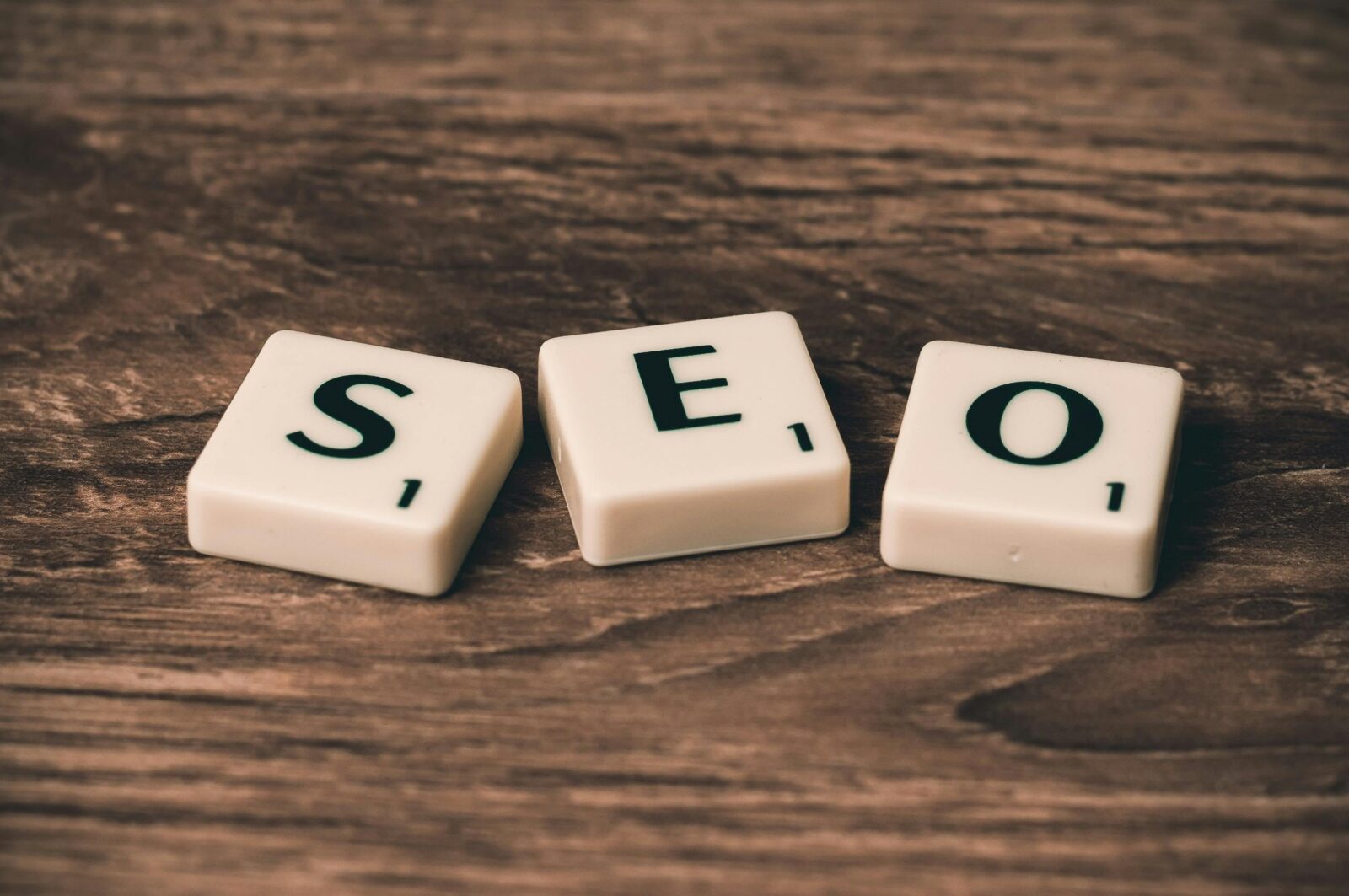Are you up to it to take your website to the next level? On-page SEO is the secret ingredient that will make your online presence great and increase your presence in search engine ranks. It is more than the hype; it is a crucial approach to those who are trying to make their content work for them. Paying attention to the betterment of individual pages, you can develop a user-friendly environment, among which you could tell the search engines what your site is all about. Whether you are an old hand at marketing or a novice, the art of on-page SEO will open up doors you did not even know were there. Let’s get into how this important element of digital marketing can take your website performance to another level!
The Importance of On-Page SEO for Your Website
on-page SEO is part of successful digital marketing. It significantly affects the way the search engines make meaning from your website’s content. This, therefore, influences your visibility and ranking.
When you optimize onpage elements, you are making things easier for both the website users and for the search engines to understand what your site has to offer. Well-structured and relevant keywords would mean more interaction by visitors.
Moreover, using appropriate on-page techniques, you improve user experience. The fact that pages are loaded quickly, and the website is mobile responsive, makes sure that potential customers are not unhappy and bounce rates decline.
A properly implemented on-page strategy can distinguish you from the competitors. It should be about publishing something of high quality that resonates, and being discovered in the infiniteness of the Internet.
The time spent on on-page SEO is equivalent to organic traffic increase. This not only increases brand awareness but credentials among those using searches for solutions to your niche.
Key Elements of On-Page SEO
There are certain elements, which when combined, successfully drive on-page SEO to improve the visibility of your website.
First, focus on high-quality content. Colorful and informative articles draw readers and make them wanting to revisit the site to read more.
Then, it follows the significance of headings. Not only does the use of H1, H2, and H3 tags help make your content more readable but also helps search engines understand the structure of your content.
Don’t overlook image optimization either. Make use of descriptive file names and the alt text so as to make images accessible and enhance your prospects in the search rankings.
Internal linking is also important. It leads visitors through your site, increasing the duration of a visit and lowering its bounce rates.
Ensure mobile-friendliness. The increase in the number of users who are using websites from their smartphones requires a responsive design to make the experience the same across devices.
Keyword Research and Implementation
On-page SEO is articulated by keyword research. It is a process of digging up the terms and phrases that your target audience uses to find information about your content.
Begin by making a brainstorm list of topics appropriate to your niche. The use of such tools as Google Keyword Planner or SEMrush is essential to find out the keywords with high search volumes, but feasible competition. Search for long-tail keywords because in most cases the keywords indicate a more specific intent within the users making it easier to rank.
Once you have a list in hand, use these keywords strategically throughout your website. Put them in titles, headers, and body of the text while making it look natural. Avoid keyword stuffing; it can negatively affect the user experience and can cause fines from search engines.
Do not forget about the need to observe trends. Review your keyword strategy from time to time as interests change and new opportunities present themselves in your market environment. This makes your content timely and interesting with time.
Optimizing Content for Search Engines
Coming up with an audience-focused record is half of the answer. Optimization for search engines takes your efforts into the next level.
Start by focusing on readability. Write in concise form; use headings and bullet points to break the text. This construction benefits both the users and the crawlers of the search engines in accessing your content with ease.
Use relevant keywords in your piece of writing naturally. Don’t force them in; rather, let them flush naturally through your ideas.
Consider using multimedia such as pictures or video to increase engagement. Search engines like rich content that keeps the visitors on the page for a long time.
Update existing articles regularly. Freshness tells the search engines that your information is up to date, thus making it more accessible when people will be searching for it, therefore increasing the chances of ranking high in result pages.
Utilizing Meta Tags and Descriptions
Use of meta tags and descriptions is an important element of on-page SEO. Such elements give search engines critical information on your content. They also form the first impression to the users who go through the search results.
Meta titles should be: brief (preferably at 60 characters) and containing your main keyword. This enhances visibility in the search engine results pages (SERPs). Meta descriptions may be a bit longer; about 160 characters to allow you to tempt the users with a small summary of what they are going to find on your page.
Designing interesting meta tags results in triggers for increased click-through rates. When one scans your link and sees clear, persuasive descriptions that are relevant to his or her queries, the one has higher chances to click on your link instead of others’.
Also, please take care of alt text for images. Not only does descriptive alt text make your content more accessible, but it is also a chance to add more keywords appropriate for your content.
By improving these on-page SEO elements, you improve the user experience and the search engine’s ability to understand why you have set up your website. By exploiting every possible element that is there, then you are doing everything possible to unlock the maximum potential of your website. There is a potential to gain traffic through the investment of time in perfecting these details, which and better rankings in the long run.

















Leave a comment